Shaner Family History & Genealogy
Shaner Last Name History & Origin
AddHistory
We don't have any information on the history of the Shaner name. Have information to share?
Name Origin
We don't have any information on the origins of the Shaner name. Have information to share?
Spellings & Pronunciations
We don't have any alternate spellings or pronunciation information on the Shaner name. Have information to share?
Nationality & Ethnicity
We don't have any information on the nationality / ethnicity of the Shaner name. Have information to share?
Famous People named Shaner
Are there famous people from the Shaner family? Share their story.
Early Shaners
These are the earliest records we have of the Shaner family.
Shaner Family Photos
Discover Shaner family photos shared by the community. These photos contain people and places related to the Shaner last name.




Shaner Family Tree
Discover the most common names, oldest records and life expectancy of people with the last name Shaner.
Updated Shaner Biographies

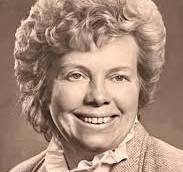


Popular Shaner Biographies

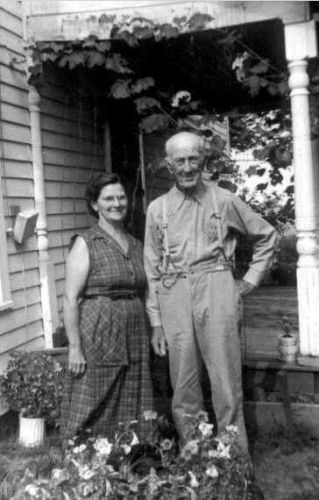



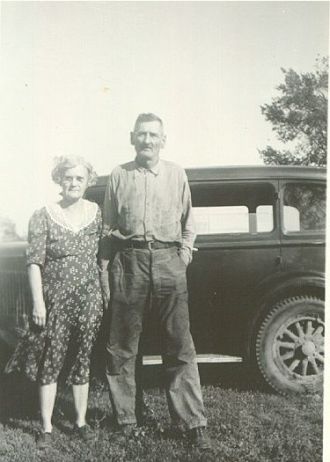




Shaner Death Records & Life Expectancy
The average age of a Shaner family member is 74.0 years old according to our database of 2,002 people with the last name Shaner that have a birth and death date listed.
Life Expectancy
Oldest Shaners
These are the longest-lived members of the Shaner family on AncientFaces.
Other Shaner Records
Share memories about your Shaner family
Leave comments and ask questions related to the Shaner family.
Followers & Sources


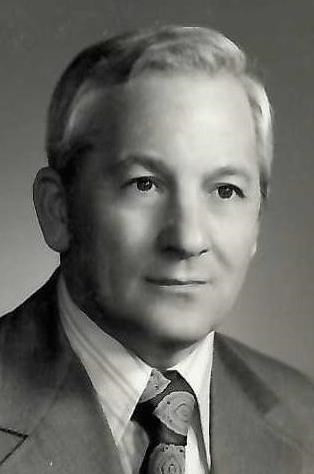
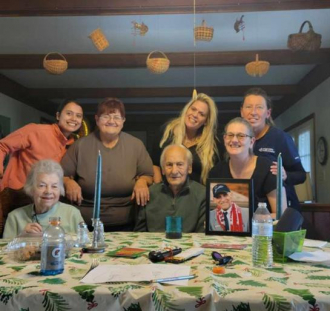

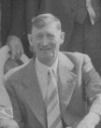
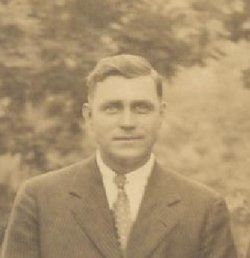

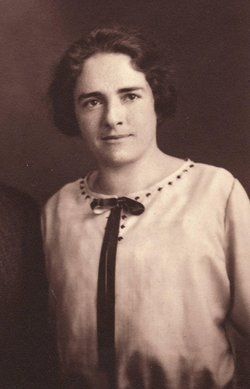
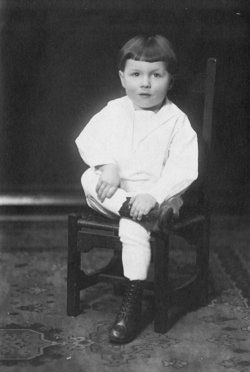
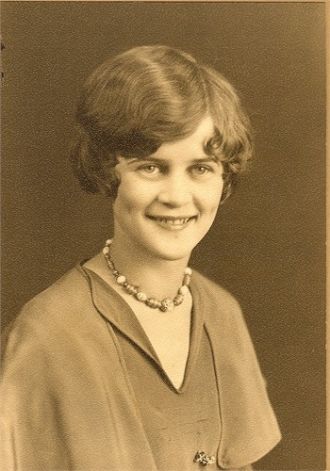

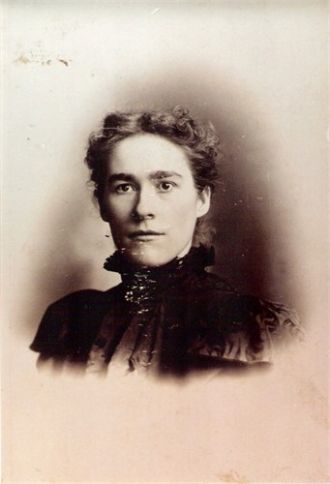
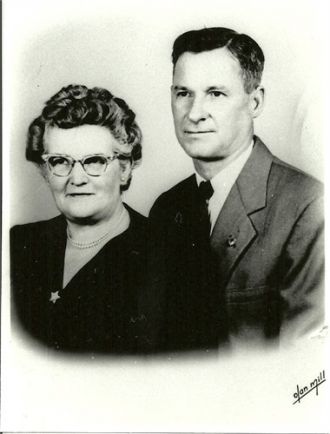


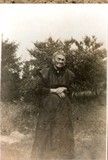

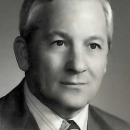



Later that spring, William and the 120,000+ other men in General McClelland's Army of the Potomac, whose job it was to protect Washington, DC and capture the confederacy's capitol at Richmond, Virginia, began their fight. They travelled by boat down the Potomac River, out the Chesapeake Bay, and landed at Fort Monroe at the tip of the Virginia 'Peninsula' formed by the James and York Rivers. The 1862 Peninsula Campaign was a series of battles attempting to march west up this peninsula to capture Richmond. William and his regiment participated in many of these battles, including the Seige of Yorktown, Fair Oaks, and the Seven Days Battle. The march was often miserable, as the area was filled with swamps and bugs, most notably the Virginia Wood Tick, which bled the men and caused painful sores. It rained almost every day, and they often spent the entire night standing up to their knees in water, holding their few belongings up out of the mud and rain. If they slept, it was on wet ground, soaked to the skin, as there were many occasions when they had no tents to sleep in. Many men got sick from being exposed to the elements, and a great number died from typhoid fever. William, who left home a strong, able-bodied man, suffered from rheumatism and chronic diarhea for the rest of his life from his experiences on the peninsula.
On June 30th of 1862, William was captured by the confederates during a battle at White Oak, Virginia. He was taken back to the confederate capital of Richmond, where he was likely held at Libby Prison. The timing of his capture was fortunate as he was only held prisoner for a little over a month. He was paroled and released in exchange for confederate prisoners at a place called Aikens Landing on the James River in Virginia on August 5, 1862. Prior to July of 1862 the federal government refused to negotiate the exchange of prisoners as it did not recognize the Confederacy as a nation. After March of 1864, prisoner exchanges were brought to a halt by the Union Army as General Grant, the commander of the Union forces, felt that the confederate prisoners they released were strong enough to return directly to battle and aid the rebel cause, while the union prisoners were too sick to fight, thus giving the confederacy an unfair advantage. The result was that any man taken prisoner after March 1864 had no hope of being released until the end of the war, and many died in prison camps as a result of disease and starvation.
After his release and return to his regiment, William participated in more important battles. Most notably, the battles of 2nd Bull Run and Fredericksburg. He was promoted to the rank of Corporal in January of 1863, which meant he was in charge of leading a squad of men in battle. He performed that duty in the battles of Chancellorsville and Gettysburg. At Gettysburg, he would have been joined in battle by some of his relatives in other regiments. There were a number of brothers-in-law, nephews, and cousins fighting for the same Union cause. One family story describes one of the men visiting his relative on another part of the battlefield between days of battle. They must have parted knowing that either may be killed the next day when the fighting continued.
In February of 1864, his younger brother Thomas was finally old enough to join the army. He joined William in Company K of the 63rd regiment. On May 3, they embarked on their first campaign of the year, the Wilderness Campaign, which was a series of battles in Virginia where the Union Army, lead by General Ulysses S. Grant, fought the Confederates under General Robert E. Lee. Tragically, Thomas was killed in the Battle of the Wilderness on May 5th. We can only imagine the scene, as it is most likely that the brothers were fighting side by side when Thomas was killed. Furthermore, it is very unlikely that William could have seen that his brother received a proper burial as he would have had to continue fighting with his regiment almost continuously through the next two months. He likely had to leave him on that battlefield, far from the hills of Pennsylvania, to be buried with the thousands of other men who died that day. It is very unlikely that his mother or father ever had the opportunity to visit his gravesite, if its location was even known.
There's no doubt William's mind was also on his other brother Samuel, who was fighting under General Sherman in the west. Fortunately, Samuel survived the war and returned home to Pennsylvania. But four of William's wife Abigail's seven brothers, all of whom were in the Union army, did not return from the war. Abigail's mother Sidney Foster received a gold coin and letter from President Lincoln in recognition of her sacrifice for her country.
After the Wilderness Campaign, William's regiment continued to fight almost continuously. They were in the battles of Spottsylvania, the North Anna, Topotomoy, Cold Harbor, and Petersburg. At this point, the regiment was disbanded as the original men had fulfilled their three-year enlistment. The few who chose to re-enlist and those that joined after the beginning of the war as reinforcements were transferred to other regiments. Out of the 109 men who originally enlisted in Company K, 24 were killed in action, 8 died of disease, 34 were discharged because of their wounds, 1 died in prison, 2 were dismissed, 2 transferred to other regiments, and 3 deserted. Only 35 remained to be mustered out with their company, and many of them had been wounded, recovered from their wounds, and returned to the fight. We can only imagine the mental and physical toughness this feat would have taken.
William was mustered out of the union army on August 1st, 1864, three years to the day from when he enlisted. He was discharged from Petersburg, Virginia during the siege of that city. According to a family story, he had to make his own way home (a distance of about 420 miles) on foot. He ate only what he could find on the way, mostly berries, and was very weak & sick when he made it to the family farm in Pennsylvania. His son, who was one when he left, was now four. His daughter, born 5 months after he left for the war, was now 2 1/2. It was there he must have heard the happy news of the end of the war he had fought so hard to help win. On April 3, 1865, the Confederate capital of Richmond, Virginia finally fell under Union control. On April 9th, General Robert E. Lee surrendered to Ulysses S. Grant in the village of Appomattox Court House in Virginia.
William H. Shaner went on to have 9 more children. And, although he was frequently ill from the effects of the hardships of the war, he lived to the ripe old age of 74.
his obituary follows
AGED MAN DIES AS RESULT OF A FALL FROM APPLE TREE
William Shaner, 74 years of age, of Lamont's Corners, near Sharpsville, died this morning as the result of a fall sustained Thursday while picking apples in his orchard. Mr. Shaner had secured a ladder and was near the top, about twenty-five feet high when the ladder broke and the aged man fell heavily to the ground. He was taken into the house and a physician summoned who found that the old man was injured internally. Mr. Shaner was one of the best known farmers in this section of the county and was a member of the FAR having seen active service in the conflict between the north and sounth. His wife and six children, three boys and three girls, survive. Funeral services will be held Tuesday afternoon a 1 o'clock and will be in charge of the Rev LeMar of the Sharpsville Reformed Church. Interment will be made in the Clarksville cemetery.